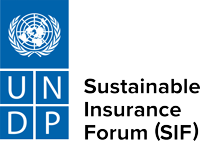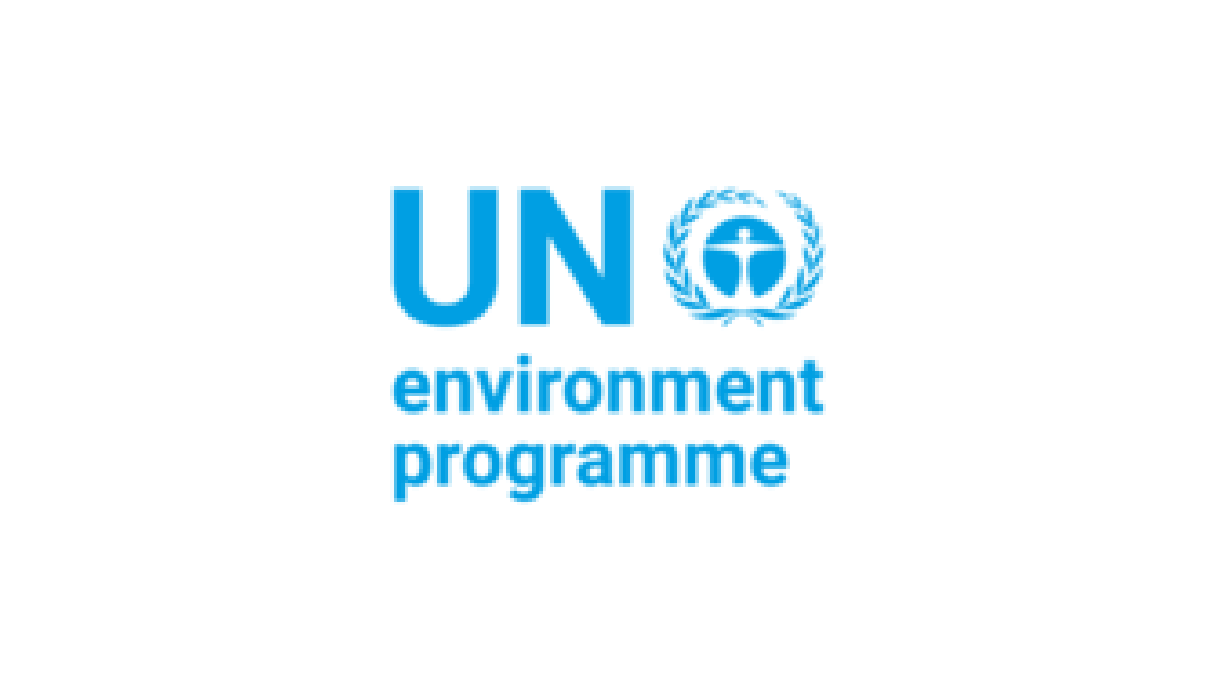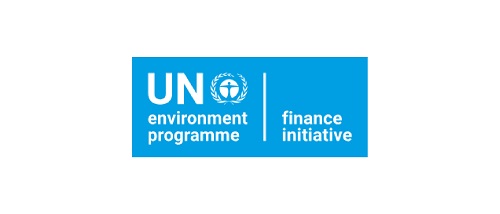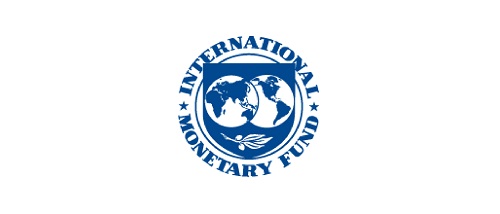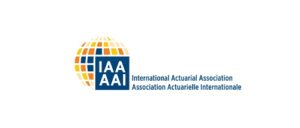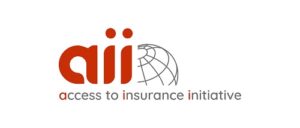This document is the Public Version of the Sustainable Insurance Forum (SIF) Question Bank on Climate Change Risks to the insurance sector. This Question Bank is intended to help supervisors develop engagement tools to better understand exposures and strategic responses of regulated entities to climate change risks and opportunities. The objective is to provide a framework, and example questions, which supervisors can adapt for use in their own jurisdictions – depending on local market contexts, objectives, areas of interest, and levels of sophistication with climate change issues.
Archives: Publications
Issues Paper on the Implementation of the Recommendations of the Task Force on Climate-Related Financial Disclosures
A vast majority of insurers expect climate change to affect their business; however, while the largest globally active insurers have made progress on implementation of TCFD-aligned disclosures, implementation is low across the sector as a whole. Recognising the diversity of supervisory frameworks across jurisdictions, this Paper identifies a number of areas where supervisors can encourage strengthened disclosures through the application of existing supervisory tools.
Turning up the heat – Climate Risk Assessment in the Insurance Sector
This paper covers climate risk assessment from both regulatory and supervisory perspectives. Based primarily on a survey of 18 insurance authorities, it describes the range of regulatory approaches that specify how insurers are expected to assess their climate risk exposures and techniques that supervisors can use to conduct their own assessment of climate risks. In most cases, supervisors rely on existing rules related to enterprise risk management (ERM) to express their expectations to insurers on how climate risk should be assessed, addressed and managed.
Issues Paper on Climate Change Risks to the Insurance Sector
The objectives of this Issues Paper, jointly published by the SIF and the IAIS, are to raise awareness for insurers and supervisors of the challenges presented by climate change, including current and contemplated supervisory approaches for addressing these risks. It provides an overview of how climate change is currently affecting and may affect the insurance sector now and in the future, provides examples of current material risks and impacts across underwriting and investment activities, and describes how these risks and impacts may be of relevance for the supervision and regulation of the sector. It explores potential and contemplated supervisory responses, and reviews observed practices in different jurisdictions. In doing so, it identifies gaps and emerging areas which need to be resolved to allow for effective supervision. Finally, the paper offers preliminary insights from practice, and initial conclusions relating to the supervision of climate change risks to the insurance sector.
Sustainable Insurance: The emerging agenda for Supervisors and Regulators
Key sustainability factors are now recognized as potentially significant for the success, safety and soundness of the insurance sector – inspiring reactions by supervisors and regulators. In its role as risk manager, risk carrier and investor, the global insurance sector plays a cornerstone role in the management of sustainability-related risks and opportunities. The risk transfer tools of insurance along with the deployment of its long-term capital base are highly relevant for many of the 17 Sustainable Development Goals (SDGs) and the goals of the Paris Agreement on climate change.
Insurance 2030: Harnessing Insurance for Sustainable Development
This report presents a suite of options that could strengthen the alignment between the insurance industry and sustainable development through to 2030. It highlights a number of existing innovations such as use of sustainability risk management frameworks, data-sharing on environmental hazards, and innovations such as index-linked insurance and microinsurance.
